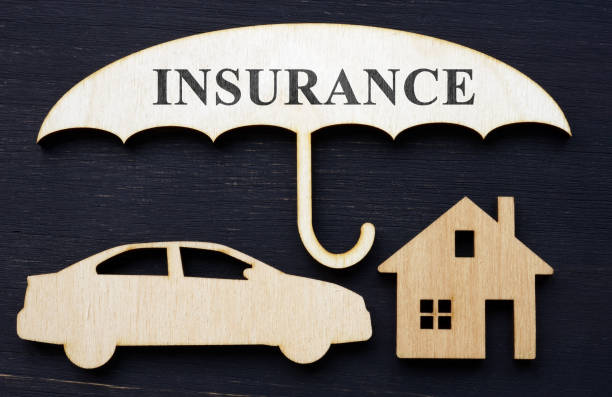Recently, during a presentation to a group of nonprofit board members, I learned that some in the audience were unaware of the risks they faced as board members. This article explains why purchasing directors’ and officers’ insurance is an essential element of any nonprofit organization’s risk management strategy.
Background – What responsibility does a Board of Directors have?
Federal and state laws in the United States assign the board of directors responsibility for ensuring the purpose, plans, and policies of nonprofit organizations. To govern well, nonprofit boards must ensure that the organization’s mission (written in the articles of incorporation and filed with the state) is achieved and that the organization’s plans and policies are appropriate and adhered to.
What is D&O Insurance?
Nonprofitrisk.org defines directors and officers insurance as “insurance that provides coverage against wrongful acts which may include actual or suspected errors, omissions, misleading statements, and negligence or breach of duty by the board of directors and other insured persons and entities “. Many D&O policies include employment practices liability coverage.”
Insurance for directors and officers may cover the cost of legal advice, settlements, and court-ordered compensation payments. Without this insurance coverage, the legal expenses to defend against a lawsuit could significantly damage your organization’s finances or even bankrupt it.
Why is D&O insurance needed?
All nonprofit organizations must maintain a current D&O insurance policy, and no one should agree to serve on a nonprofit board unless they are sure adequate insurance covers them for potential liabilities.
If an employee, organization member, volunteer, donor, or even someone in the general public thinks the nonprofit has not operated legally or in accordance with its founding principles, they can sue the board of directors. Defending against these charges may require expensive legal advice, settlement costs, or court-ordered damages. (NOTE: Even if the charges are invalid, legal counsel may be required to defend the board members named in the lawsuit.)
Studies show that human resource concerns are the most frequent cause of lawsuits against nonprofit boards. This includes charges of illegal labor practices or negligence in hiring or firing employees, dealing with contractors, or managing volunteers. Other causes of lawsuits include conflicts of interest, breach of contract, or use of donations for purposes other than their intended purpose.
Where can I get D&O insurance?
Most insurance companies offer D&O insurance. Your state’s nonprofit advocacy organization can advise you on insurance companies that provide nonprofit D&O insurance in your state.
Generally, the cost of a policy is based on the nature and size of the nonprofit organization and whether legal and/or settlement costs are covered. Additionally, some policies include a “lifetime extension” that provides coverage for board members even after they have left the board or the insurance policy has been cancelled.
Best practices for D&O insurance for your board
- The board treasurer is usually responsible for finding a suitable insurance policy for an organization. The Treasurer should review the D&O policy annually to ensure that the coverage continues to be sufficient for their evolving organization.
- Look at employment practices liability insurance while looking for D&O insurance. This insurance covers the non-profit organization for complaints related to Human Resources (sexual harassment, discrimination, etc.) that are becoming more frequent over time.
- Nonprofit organization bylaws generally state that board members are indemnified (protected from potential lawsuits) as long as they attend meetings, pay attention to board decisions, and speak up when they disagree with the board’s decisions. decisions. Here is a sample charter pertaining to D&O Insurance:
“Each director and officer shall be indemnified by the corporation for legal fees plus liabilities, fines, penalties, and claims imposed or brought against him (including amounts paid in the settlement) unless he or she is found liable for gross negligence or misconduct in the performance of their duties as a director or officer”.
Include a discussion of your D&O insurance coverage in the annual orientation session attended by all board members. This discussion should include who is insured, the amount of insurance coverage, the cost of the policy, and the caveat that board members are not covered if they do not adequately participate in organizational decision-making.
Don’t walk away from this problem.
Send this article to your board treasurer today and ask questions about your D&O insurance coverage. Ask for a presentation on your coverage to be made at the next board meeting. Make sure you are insuring your organization against liability that may exceed the value of your organization’s assets. If you are a board member, make sure you are compensated as a volunteer for your organization.





